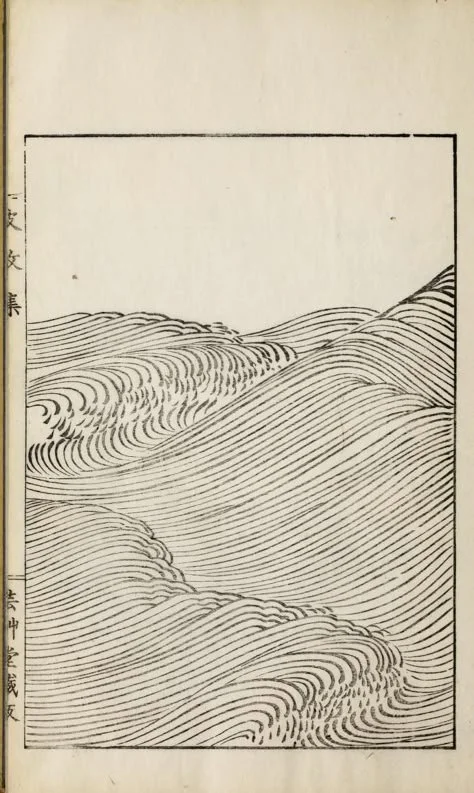The Wisdom of Waves
As a therapist, I often witness clients holding back their emotions—particularly those that feel difficult, like sadness, shame, disappointment, or anger. There’s a resistance, a fear that once they allow themselves to feel, they might be swept away in a torrent of suffering, unable to return to solid ground. It’s a fear that the emotion will engulf them, that once they start crying, they may never stop.
I deeply empathise with this experience. It’s so natural to want to avoid emotional pain, especially when it feels so overwhelming. But here’s what I’ve come to understand through my work, and what I gently encourage clients to explore: emotion is not a bottomless ocean.
One of the metaphors I often use in therapy is the idea of an emotion as a wave; to imagine that the feeling you’re resisting is a wave rising in the ocean. It may feel like it’s building, and you might be afraid it will crash over you, pulling you under. But here’s the truth—waves come, rise, break, and drift past. They are temporary, dynamic forces of nature, not endless floods. Just as the ocean waves crash onto the shore and then recede, so too do our feelings—fluid, transient, and ever-changing.
When we can reframe an emotion in this way, it often feels less threatening. Instead of an overwhelming, unending abyss, we can view it as part of a natural rhythm.
When we resist emotions, we prolong their presence, holding them in place, as though we are trying to hold back the tide. But when we allow ourselves to simply be with them—without fear, without judgment—we find that they are not the overwhelming forces we imagined. They may come with intensity, but when met with awareness, we see the simple ebb and flow of our inner world. Feeling is fluid, not fixed.
It’s my responsibility as a therapist to create a safe space where you can allow these waves to rise and fall. I help you to trust in their impermanence, so that we can sit with them, feel them fully, witness them with grace and patience, and know that they will not last forever. In doing so, we allow space for healing, understanding, and compassion to emerge. And you can always return to solid ground.
I invite you to consider: What would it be like to embrace your emotions, knowing they will not drown you? What if, instead of fearing their intensity, you could trust in the flow and allow yourself to ride the wave to its natural end?
We are capable of experiencing profound healing when we give ourselves permission to feel—fully, deeply, and without judgment.
